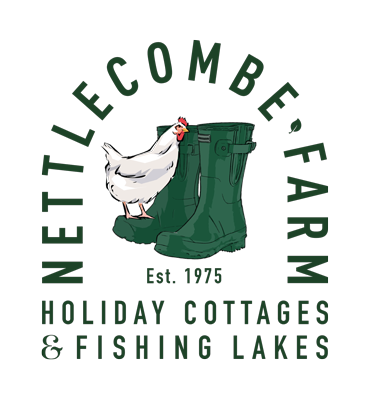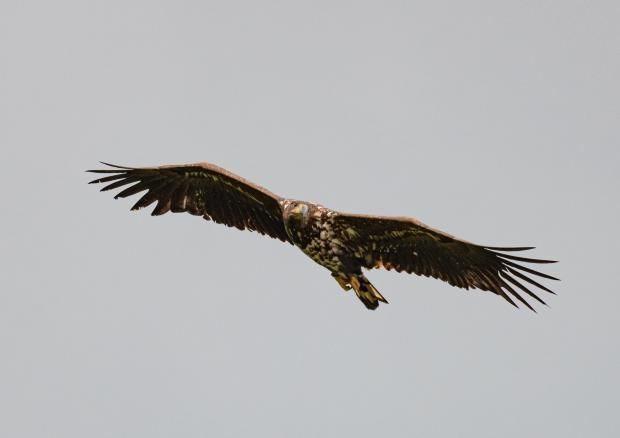Nettlecombe Farm is a birdspotter's paradise, we have just dug out a list of all the birds that one of our guests spotted during his stay with us between August 21st - October 1st. If you have spotted any others then plese do let us know!
- Robin
- Dunnock
- Great Tit
- Blue Tit
- Long Tailed Tit
- Grey Heron
- Kestrel
- Common Buzzard
- Jackdaw
- Carrion Crow
- Raven
- Herring Gull
- Black-headed Gull
- Great Black Backed Gull
- Wood Pigeon
- Collared Dove
- Feral Dove
- Willow Warbler
- Starling
- Mallard
- Moorhen
- Sparrowhawk
- Magpie
- Wheatear
- Whinchat
- Swallow
- Swift
- Stock Dove
- House Sparrow
- Redstart
- Hobby
- Linnet
- Spotted Flycatcher
- Pied Flycatcher
- Green Woodpecker
- Great Spotted Woodpecker
- Chaffinch
- House Martin
- Goldfinch
- Chaffinch
- Goldcrest
- Cormorant
- Wren
- Greenfinch
- Red-breasted flycatcher
- Merlin
- Blackcap
- Whitethroat
- Stonechat
- Jay
And during your stay don't forget to keep your eyes peeled for the White Tailed Sea Eagles.
The 5-year reintroduction programme, now in its second year, is led by Forestry England and the Roy Dennis Wildlife Foundation and aims to restore this lost species after an absence of 240 years.
Up to 60 white-tailed eagles will be released with the aim of establishing an initial population of 6- 8 breeding pairs on the Isle of Wight and along the mainland coast. The first 6 birds were released at Bouldnor last year and now another 7 have been introduced into the wild. It will take several years for the young birds to become established and breeding is not expected to start until at least 2024.
Each bird is fitted with a satellite tracker to enable the team to monitor and track their progress. Evidence from similar reintroductions suggests that the rate of survival to breeding age is around 40%, and 4 of the 6 birds released last year have survived and are doing well. That means there are now 11 white-tailed eagles living in the South.









